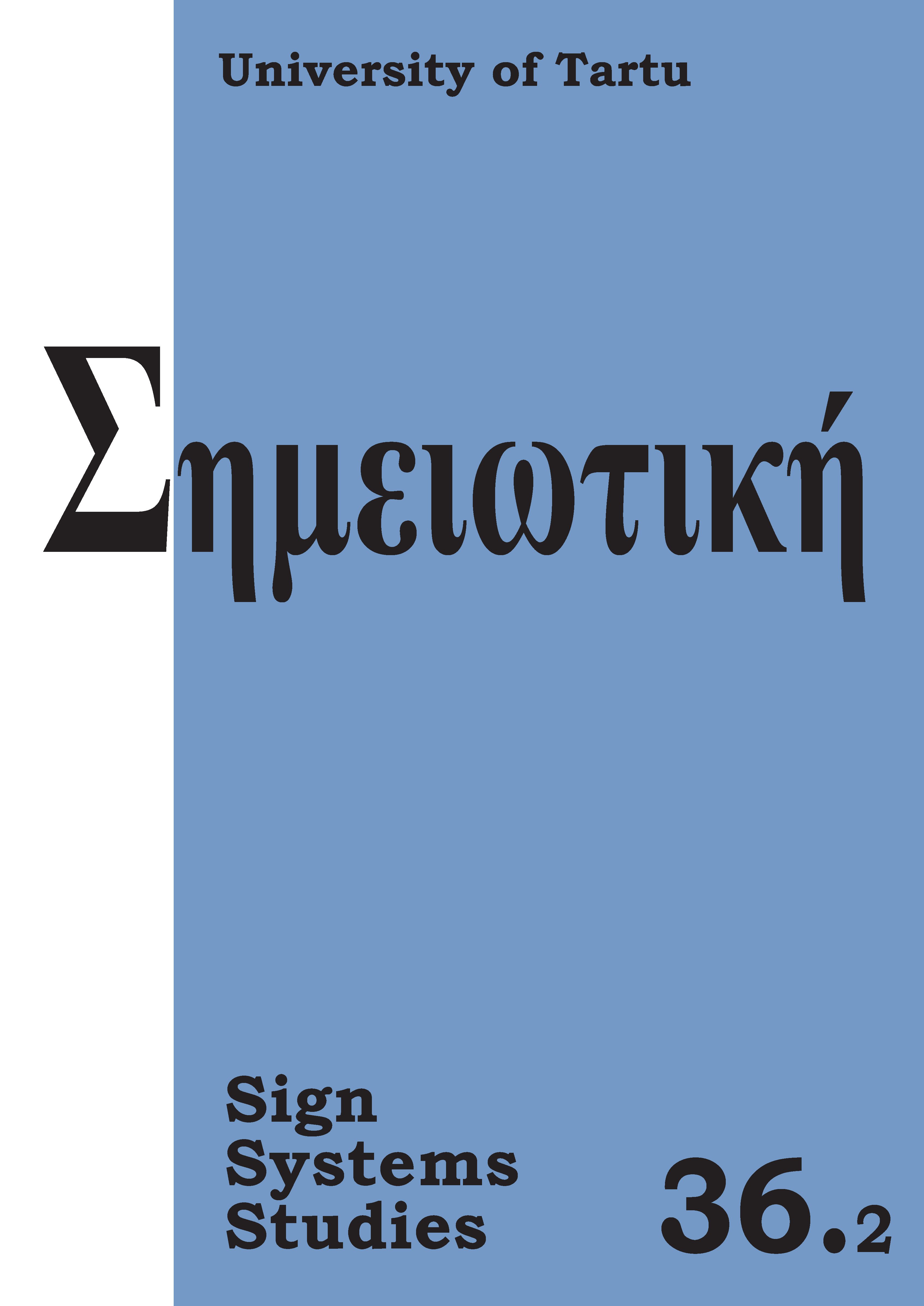Translation as sentimental education: Zhukovskij’s Sel’skoe kladbishche
DOI:
https://doi.org/10.12697/SSS.2008.36.2.07Abstract
Vasilij Zhukovskij’s Sel’skoe kladbische, a translation of Thomas Gray’s Elegy Written in a Country Churchyard, occupies a special place in Russian literary history. First published in 1802, it was so widely imitated by later Russian poets that it came to be regarded as a “landmark of Russian literature”, not only at a boundary between two cultures (English and Russian) but also at a boundary within Russian culture itself — the transition from Neoclassical to Romantic aesthetics. Zhukovskij’s translation of Gray can be read as the end result of a long process of personal education in the sign system of Sentimentalism, in both its European and its Russian variants, which then reproduced itself in an impersonal way within his culture as a whole. Zhukovskij did not merely reinscribe Gray’s poem into Russian. Rather, he used it to deploy the developing Russian Sentimentalist (Karamzinist) style within a wide range of lyric registers, thereby providing models for other Russian lyric poets. In this sense, his work exemplifies Juri Lotman’s dictum that “the elementary act of thinking is translation” — it made it possible for Russian poets to think within an entirely new, though by no means foreign system of signs.


